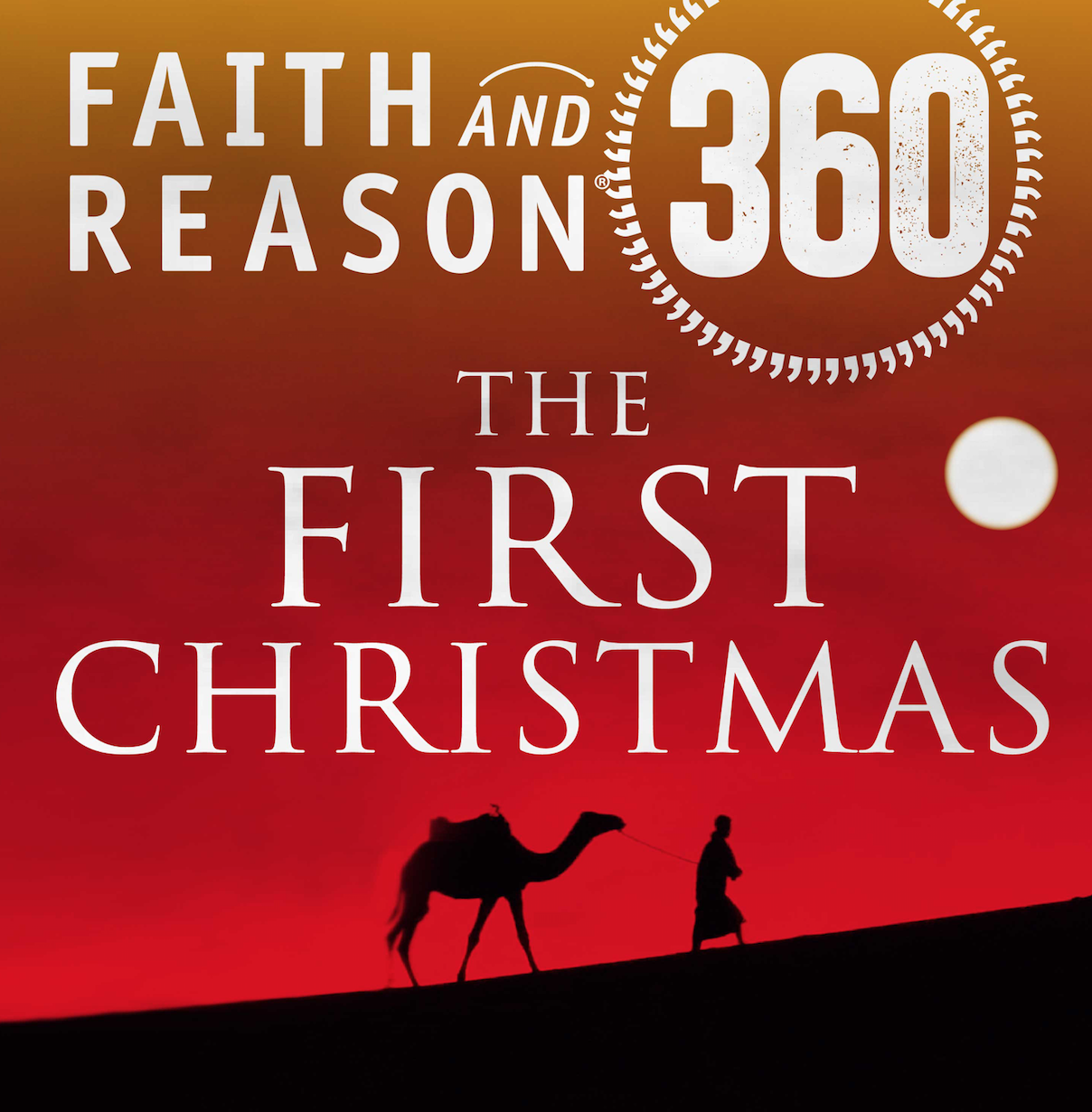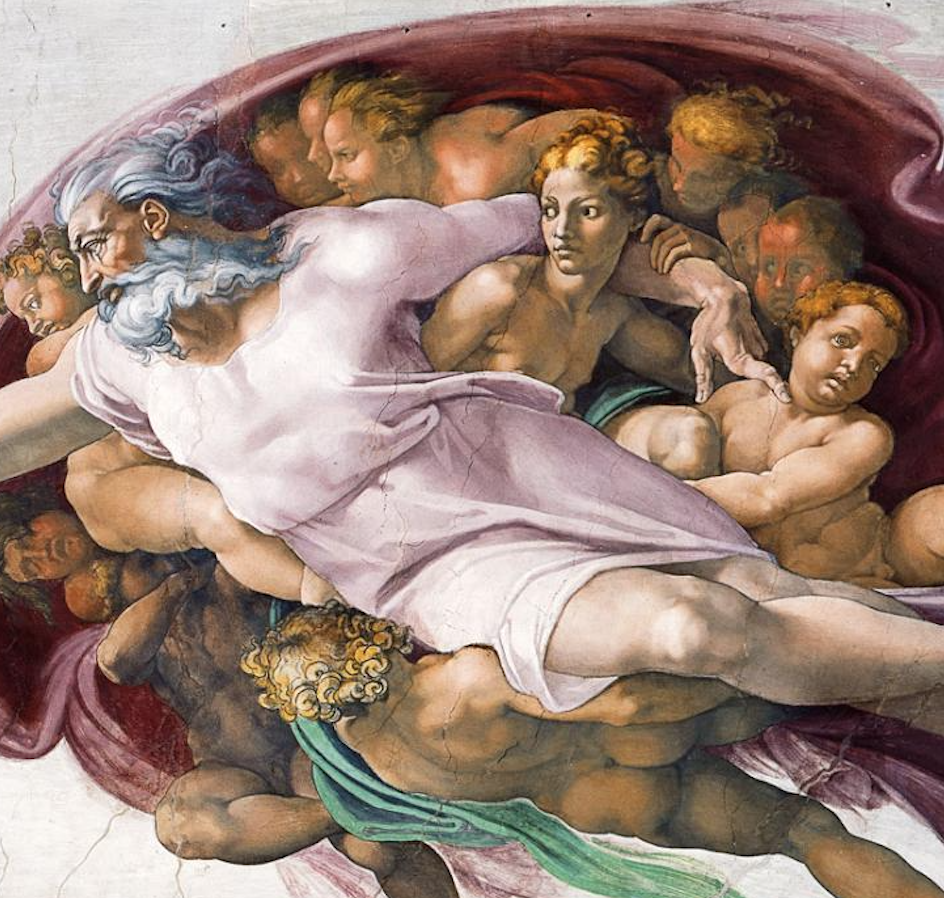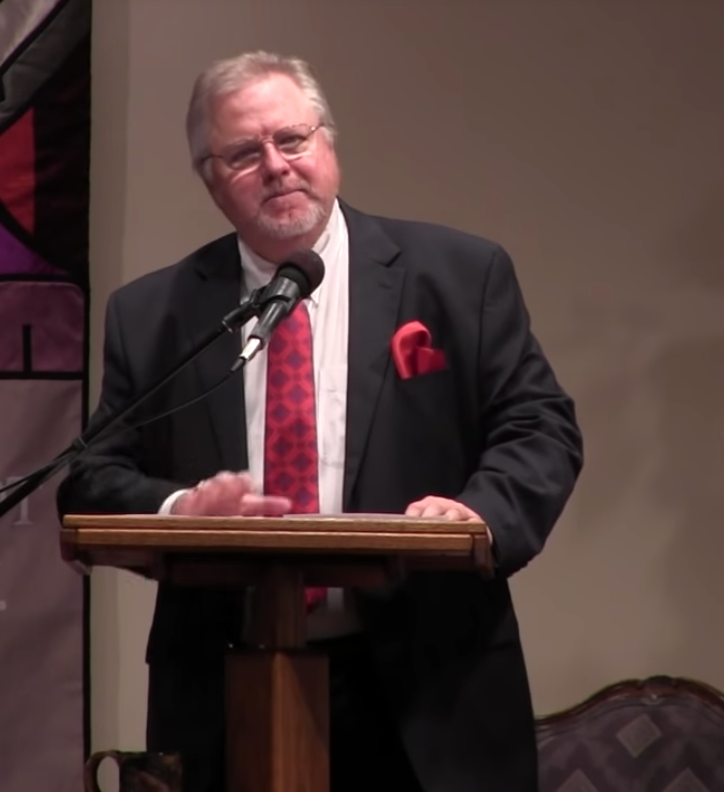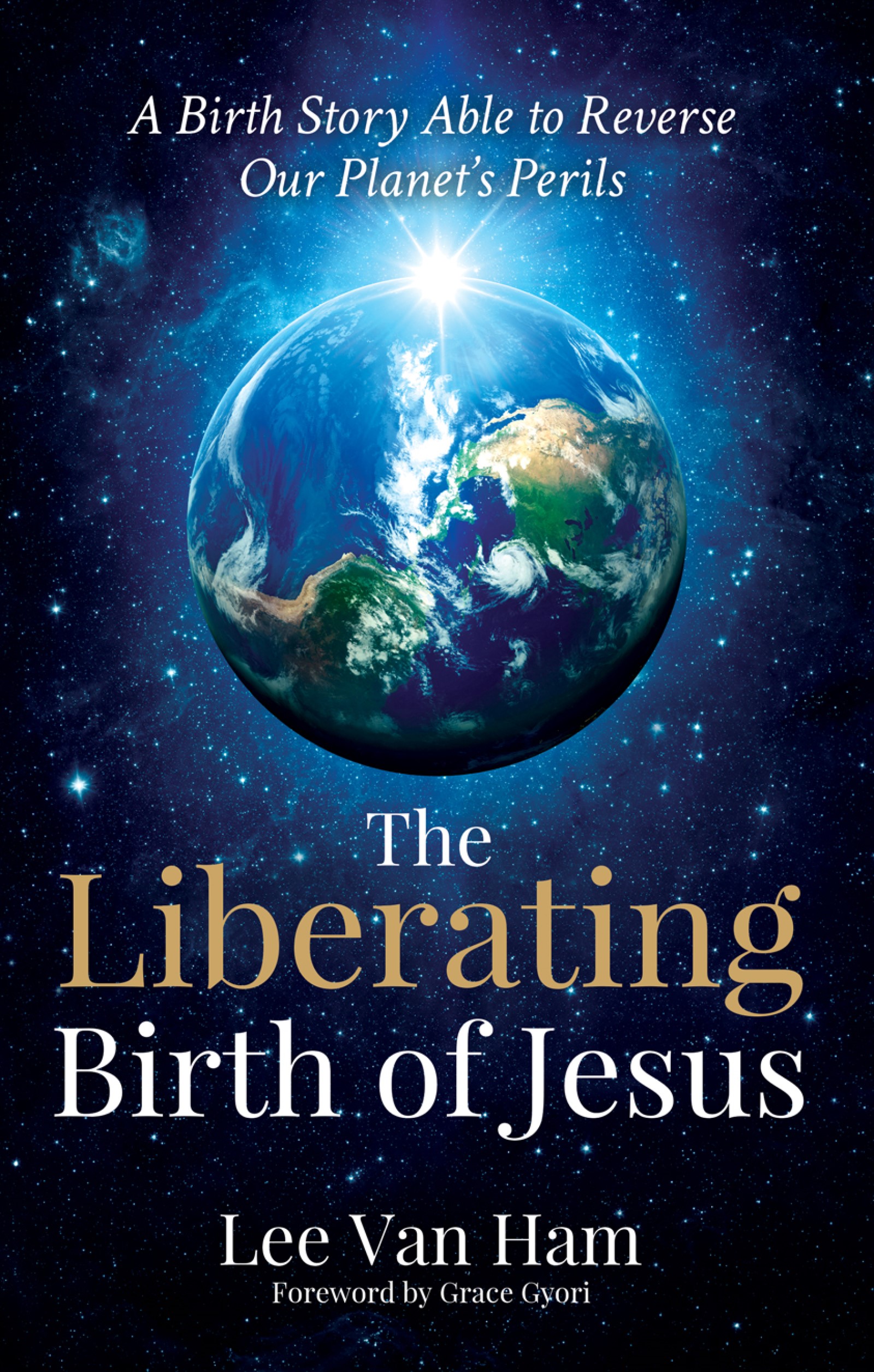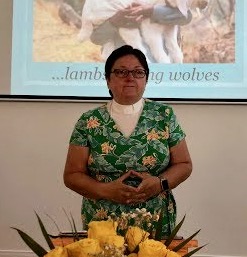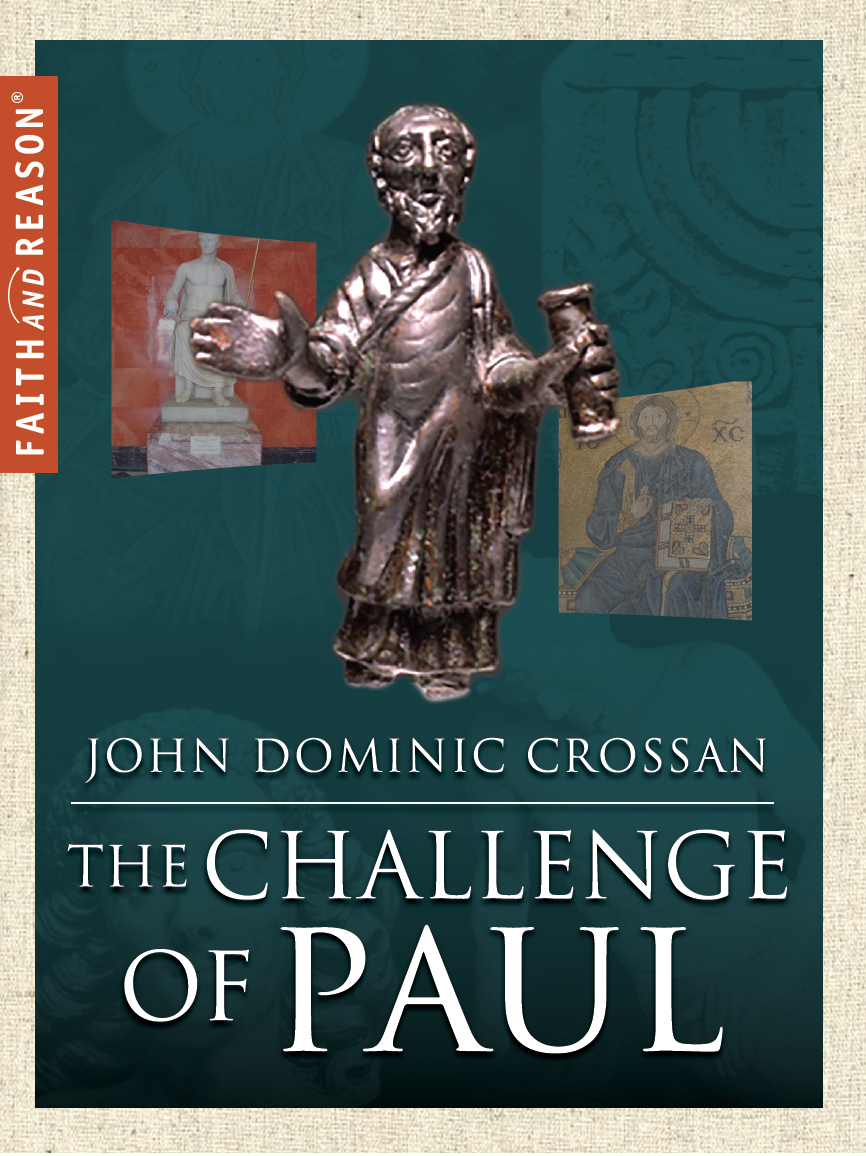The central focus of Jesus’ message was to announce the imminent coming of the kingdom of God. This is what he was sent to do. (Luke 4: 43-44) This kingdom would be on earth for the people of Israel. (Matthew 10: 5-8) Although Jesus gives few details on how this kingdom would operate.
If one searches the origin and history of Valentine’s Day, one finds clouds and legends mixed with a bit of history.
This week’s reading is a Sunday school children’s favorite — the story of Zacchaeus, a tax collector who climbs a tree to see Jesus.
What has always “tainted” mankind and kept people from living ethical, inclusive, and caring lives? The answer is what drives our contemporary enormous cultural divide: Bad choices often rooted in tribal-based anger and hatred.
Even as we consider all the facts, the basic story that emerges is quite simple. The disciples were re-born while they lived with Jesus, and his death neither deterred nor discouraged them. Instead, they turned to one another and embraced, fully aware in their hearts that he was not only still with them, but also that the newness he embodied embraced the universe. This was the bedrock of their faith and forms the foundation for the day we call Easter.
Jesus is, in fact, no longer the reason for the season. But the reason this is so extends far beyond the cultural and commercial contamination of a quaint old tale.
The Christmas story is one of comfort and sweetness, if you will allow me that word. But we must not become so enamored by the Silent Night that we miss the revolutionary impact of the imagery. God appears in the poor places on earth and not in the councils of the rich and powerful.
FaithandReason® is bringing you a 4-part “Advent Podcast Series” with special guest John Dominic Crossan! Once a week for the next four weeks, we will interview Dr. Crossan about “The First Christmas,” the book by Crossan and the late Marcus Borg.
Wisdom is paying attention while refraining from the assumption that you understand everything about what you are observing. Indeed, in order to pay full attention, we must release our grasp on what we do know, so that we make room in our hearts and minds for further knowledge.
Some people are highly devotional because it is scary having one's paradigm shattered. This is to be exposed to the chaos of one’s own mind (the devil!). It is much easier to cling to the established artifacts of one’s own thinking then to fall into the pit of chaos. Most people would rather die than admit that the belief system/paradigm that they have carried most or all their life is wrong in spite of proof of error time and time again.
The framework of ancient virtue theory, with its emphasis on character and the life of each human being as a whole, also formed a backdrop for the Synoptic Gospels. It is against this background that the figure of Jesus can be analyzed as an exemplar of the ideal moral person.
Traditional Christianity has missed the point of the Easter story. The miracle on Easter wasn’t that Jesus was physically or spiritually raised to sit at God’s right hand until he could one day return to judge humanity. The miracle was his followers recognizing that they could continue to proclaim the message of God’s Reign on this earth even once Jesus had been crucified.
If we pay attention, the Christmas story is a mirror held up for us to see that we live in a country where the government locks thousands of migrant children into dog cages, sexually abusing some, torturing others, and allowing many to die while the church is largely compliant and silent. And we seriously wonder if this government might actually win election approval from poor church goers in a few months. Merry Christmas?
“Jesus heals not only us as individuals but a savior has been born, one who will heal the world from all its ills.”
I have never liked Luke 6:20, which says “Congratulations, you poor!” in newer translations. I think that’s demeaning.
What? The birth of Jesus as told in the gospels is not the same story as the “Christmas story” in holiday celebrations? No, and this book explains why. They exist in two different worldviews. The gospels thrive in the creation worldview, but the Christmas story was born in empire’s worldview.
I’ve always heard that Jesus’ ministry was three years long. Now I hear that it was only one year. How does something like that change?
What we know about the gospel-storyteller that we call Luke is that he wrote close to the end of the first century. Some 50 to 60 years after the life of Jesus of Nazareth; a time when the full force of the mighty Roman Empire was being brought to bear upon the Jewish people and upon the followers of Jesus’ Way of being in the world.
To this day, when I’m weary from battles with my own demons if I’m able to simply stop, to stop just for a few moments and listen, sometimes the still small voice speaks to me.
But now that we’re halfway through the season of Lent, I think it’s the right time to talk about what is possibly the most important spiritual practice of all, the practice that makes all the others possible: the spiritual practice of letting something go. All the spiritual teachings in the world are not going to help us–even a personal invitation from the spiritual master himself is not going to help us–if we keep ourselves too busy to show up for him. Thanks for coming over, Martha says to Jesus this morning. But you know, I really don’t have time for this stuff!
Restoration of a Vision from the Christian Faith Tradition
What might constitute an adequate improvement to the world order? This commentary constitutes an exploration of this pesky, perennial question about "a better world" from the vantage point of one faith tradition, and in contemporary context. Its intention is not to offer novelty or any new revelatory insight, but rather to remember and restore a perspective that lies at the heart of a biblical gospel tradition; based on the teachings of a pre-Easter human Jesus.
In a late night session on February 7, 2017, during Jeff Session’s confirmation hearing for U.S. Attorney General, just weeks after the inauguration of President Donald Trump, the United States Senate voted to silence Senator Elizabeth Warren after she read comments made decades earlier by Edward Kennedy and Coretta Scott King that criticized the civil rights record of Senator Sessions. Warren was censured because Senate Rule XIX prohibits ascribing "to another senator or to other senators any conduct or motive unworthy or unbecoming a senator." To silence her, Senate Majority Leader Mitch McConnell led a party-line vote that forced Senator Warren to take her seat and refrain from speaking. McConnell later said “Senator Warren was giving a lengthy speech. She had appeared to violate the rule. She was warned. She was given an explanation. Nevertheless, she persisted.”
Did you ever read something in the Bible and wonder what you just read? So, you read it again. It still makes no sense. You try again. Nothing. Here’s an example from Matthew 21:18–19. Jesus arrived in Jerusalem and was hungry. He saw a fig tree, but he went to it, he found no fruit, only leaves. Jesus said to the tree, “May no fruit ever come from you again!” And the tree “withered at once.” Huh?
And [Jesus] said to them, ‘Take care! Be on your guard against all kinds of greed; for one’s life does not consist
Progressive thinkers cannot avail ourselves of the false security fundamentalist believers bring to church Sundays and to the Bible daily. We can, however, compensate for our dismissal of literalism with an answerably intense commitment to metaphor. And metaphor proves especially powerful in narratives. Narrative masters like Dickens can move our hearts as they bring our fellow creatures vividly and credibly alive. But they can do more: they can provoke our intellects and excite our imaginations. We love a story, instinctively, but we go a step farther and subject the tale to closer scrutiny and more probing critical analysis. (That, incidentally, is why I find Luke’s story of the road to Emmaus one of the most affecting New Testament narratives. It’s an account of a real-life journey, peopled with thoughtful and feeling human beings, who move from grief to joyful insight.)
The Problem with Blessings and Curses
“Have a blest day?” What in this world does that mean? Better luck or good karma, instead of bad? In the ancient world, denoting someone as “blest” was a way of expressing a deity’s special favor towards that person. If that sounds quaint, there are still plenty of people today who believe they can curry favor or improve the odds of achieving more blessings than curses; while politicians routinely conclude their speeches by invoking the Almighty to bless the good ‘ol USA. There’s just one problem. It doesn’t work.
Today we have large numbers of people who say they are spiritual but not religious. They are not interested in a ‘feel good religion that promises heaven.’ They want to be involved in making the world a better place and are tired of a religion that often comes across as bigoted and judgmental rather than accepting others in love and advocating justice for all.
Paul is one of Christianity’s most impactful, yet most debated and misunderstood figures. In “The Challenge of Paul,” John Dominic Crossan gives us the benefit of his lifelong search for the Paul of history to create a new understanding that sheds new light on Paul and why he is more relevant than ever today.










